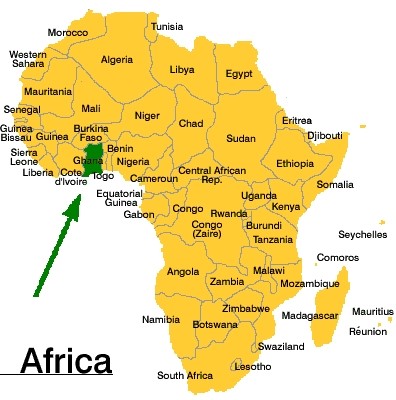
EDITORIAL
Agitu's body received in Ethiopia
She had defied the local regime and was seen as a symbol of integration in Italy
Farewell to Agitu Gudeta, 42, killed on 26 December by an employee of African origin (Ghana) who felt exploited. Both of them are involved in the tragedies of modern-day migratory journeys, where people are uprooted in different ways and become ‘strangers to themselves’. Strangers among strangers, in foreign territory, without common cultures or shared words to confront each other, violence can become overwhelming, especially if profit clouds the soul and money becomes the main means of relationship. Talking about migration means in fact addressing the issue of the relationship with the stranger (power relations), on a personal, community and social level.
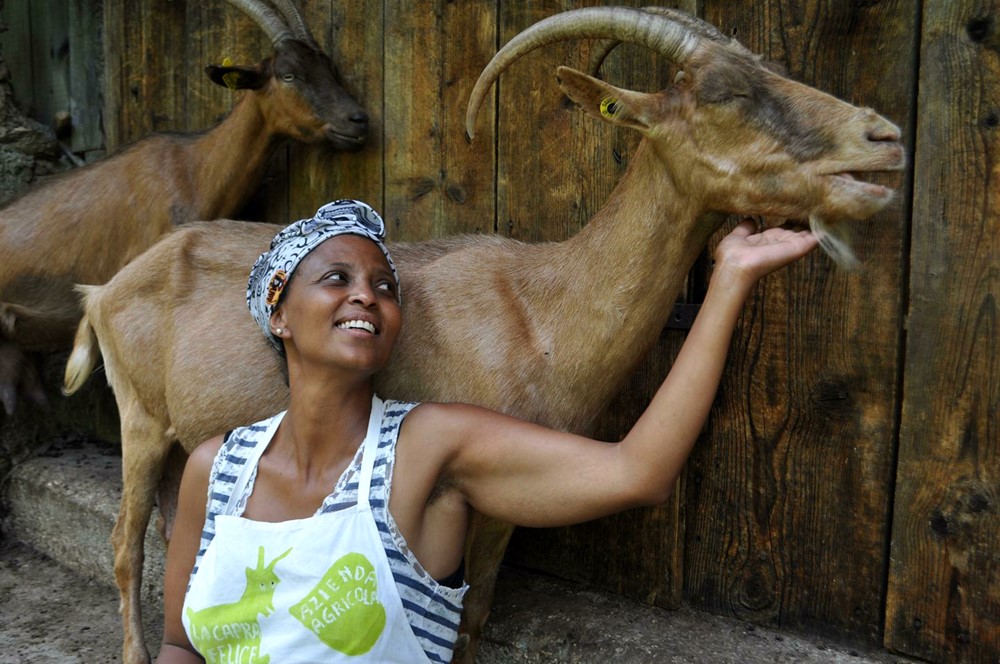
Agitu was courageous: for some years she had been running a goat farm in the mountains of Trentino at Maso Villalta in Frassilongo in Valle dei Mocheni. She was known as an organic entrepreneur and mainly produced cheese. Her farm, La Capra Felice, received the “Prize of Resistance through Cheese” from the Slow Food Network in 2015. In 2019 she was a finalist in the Luisa Minazzi Award – Environmentalist of the Year and in 2020 Legambiente awarded her the “green flag”, a banner symbolising sustainability in the Alps. She reared the pezzata mochena, an endangered indigenous breed, and also protected her animals from bear attacks. In his work, he had demonstrated a possible coexistence with the predator even in the open air. “When I see footprints or signs of its presence – he said – “I lock myself in the car with firecrackers. It’s enough to make a bit of noise and my ‘neighbour’ knows it’s better to go somewhere else“.
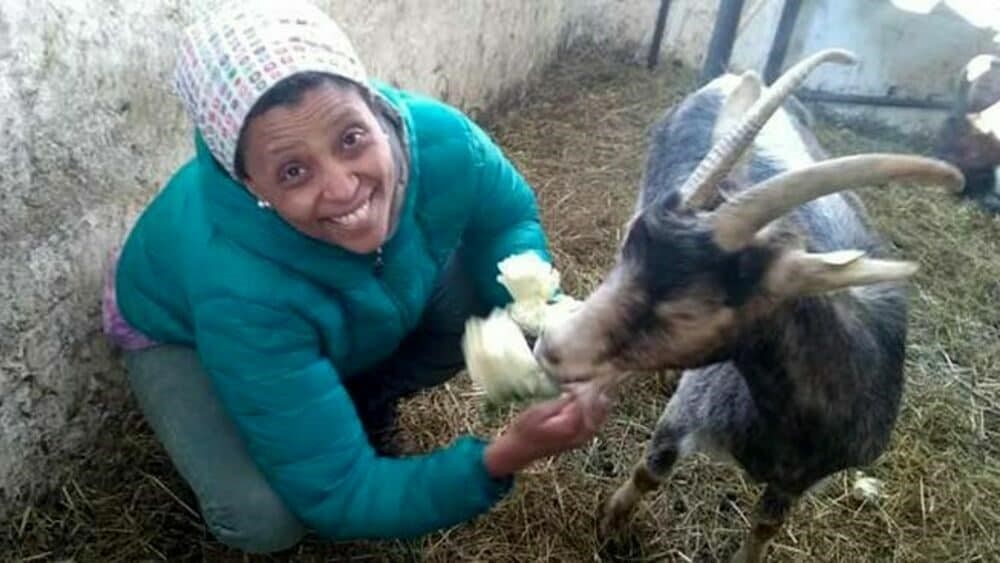
Agitu’s migratory adventure began in the mid-1990s when, at the age of 18, the daughter of a well-off family of semi-nomadic shepherds won a scholarship and left for Italy to attend the Faculty of Sociology, first in Rome and then in Trento, where she obtained a doctorate. Her dream, however, is to return to Ethiopia to develop a sustainable agriculture project with her father. But she was forced to flee after being threatened several times because of her commitment against land grabbing by multinationals. She returned to Italy with refugee status and began an ambivalent journey of integration. She repeatedly denounced racist attacks and threats: “They insult me, call me an ugly negress, say that I must leave and that this is not my place“.
Agitu was strong and determined and - after an initial period of socio-occupational integration made up of precarious jobs - she bought a piece of land from the municipality, at a low price, for herding and managed to renovate a 19th-century structure which became a home, dairy and livestock farm and gradually became the headquarters of the "La Capra Felice" company. Recently he had also opened a shop in Trento where he sold cosmetics made from goat's milk.
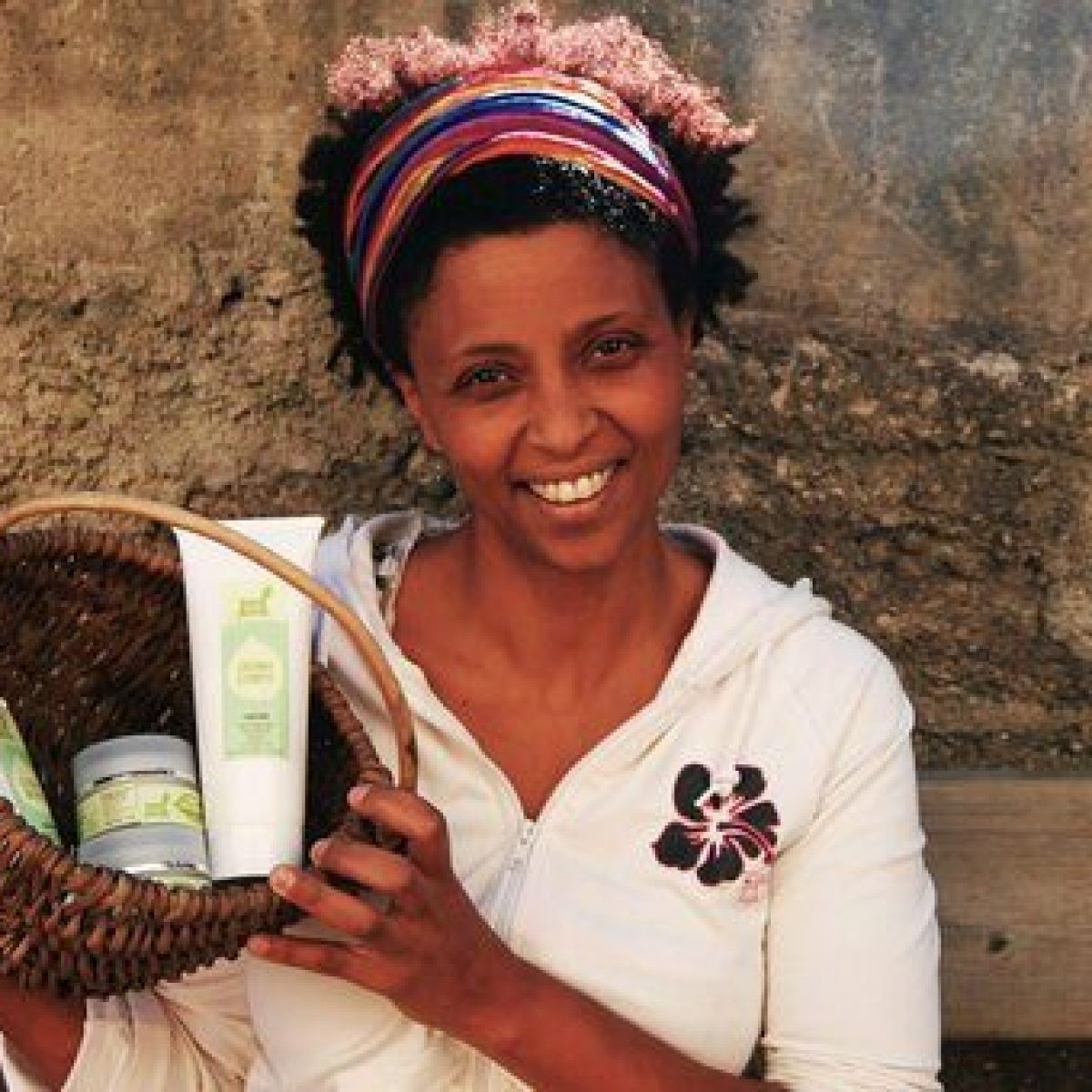
A red bench dedicated to his memory has already been symbolically installed where Agitu Ideo Gudeta used to set up his cheese stall, so that he will continue, at least ideally, to occupy that space.
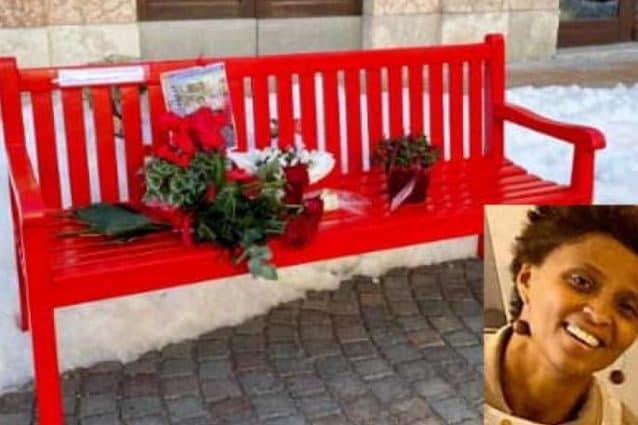
WHAT WILL BECOME OF AGITU'S ENTERPRISE?
Promoted by the Trentino section of +Europa, a fundraising campaign is underway on the ‘GoFundMe’ platform to ensure continuity of the project.
"We can concretely think about agreeing with the family to take over the farm, even directly through the Friends of Ethiopia Association, using the funds raised or, if necessary, asking for a further effort of solidarity from the already many donors. This will allow the goal of integration and solidarity inherent in 'The Happy Goat' to continue, training those who will then be able to take this wealth of experience to their countries of origin", explained Alexander Schuster, spokesperson for the regional coordination of +Europe.
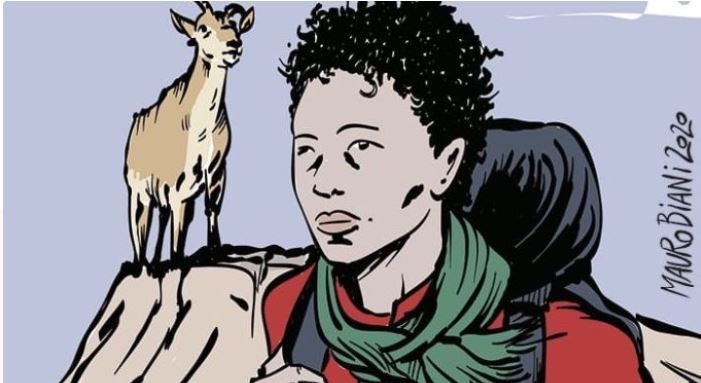
And who will have mercy on the perpetrator of the violence on Agitu,
Adams Suleiman,
and his family in Ghana?
